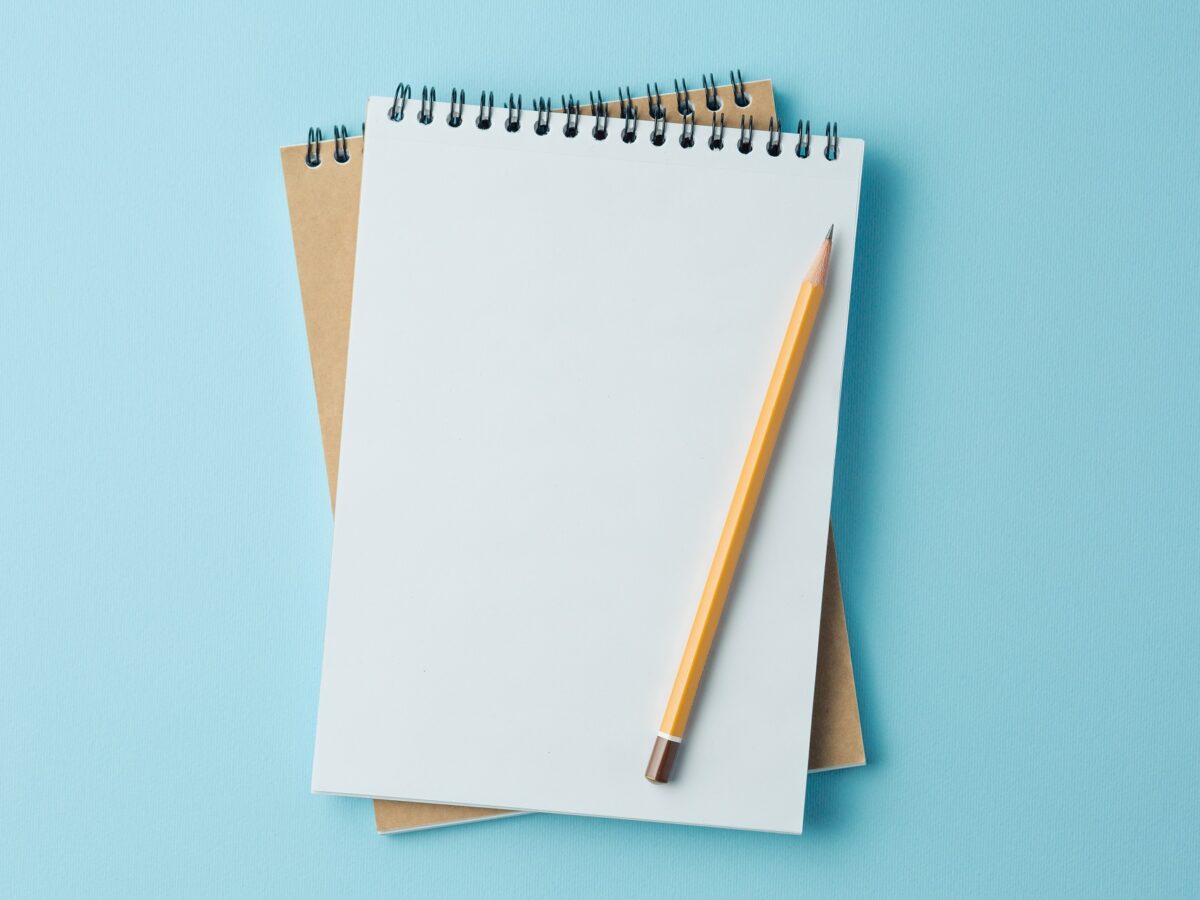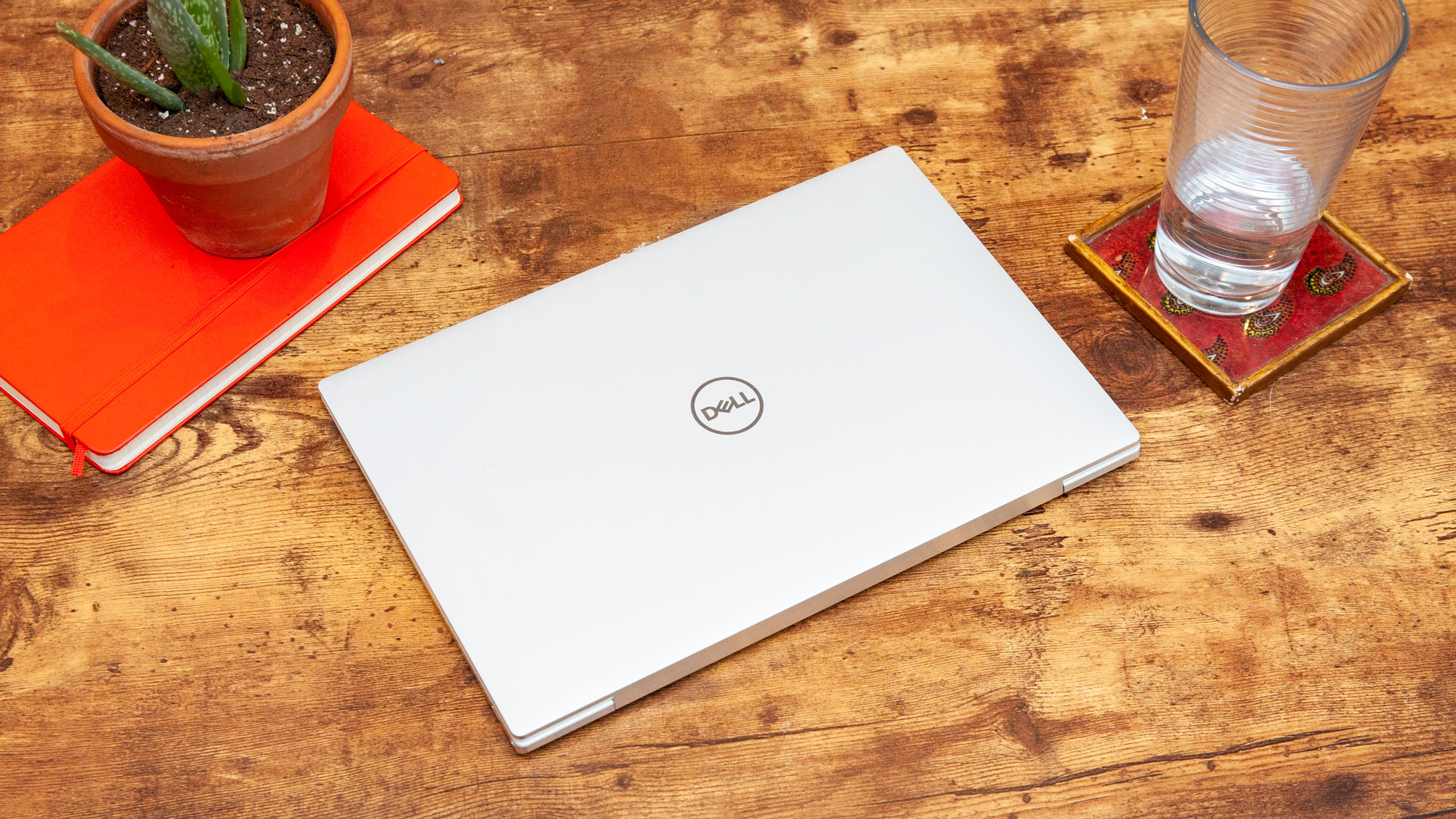
Thus, although laptop users may not encode as much during the lecture and thus may be disadvantaged on immediate assessments, it seems reasonable to expect that the additional information they record will give them an advantage when reviewing material after a long delay.


In real classroom settings, however, students are often assessed days if not weeks after learning new material. It’s important to note that most of the studies that have compared note taking by hand versus laptop have used immediate memory tests administered very shortly (typically less than an hour) after the learning session. It is possible these direct instructions to improve the quality of laptop notes failed because it is so easy to rely on less demanding, mindless processes when typing. Despite these instructions, students using laptops showed the same level of verbatim content and were no better in synthesizing material than students who received no such warning. Mueller and Oppenheimer explored this idea by warning laptop note takers against the tendency to transcribe information without thinking, and explicitly instructed them to think about the information and type notes in their own words. If the source of the advantage for longhand notes derives from the conceptual processes they evoke, perhaps instructing laptop users to draft summative rather than verbatim notes will boost performance. This kind of shallow transcription fails to promote a meaningful understanding or application of the information. It appears that students who use laptops can take notes in a fairly mindless, rote fashion, with little analysis or synthesis by the brain. Moreover, high verbatim note content was associated with lower retention of the lecture material. Content analysis of the notes consistently showed that students who used laptops had more verbatim transcription of the lecture material than those who wrote notes by hand. Their studies included hundreds of students from Princeton and UCLA, and the lecture topics ranged from bats, bread, and algorithms to faith, respiration, and economics. To evaluate this theory, Mueller and Oppenheimer assessed the content of notes taken by hand versus laptop. By contrast, when typing students can easily produce a written record of the lecture without processing its meaning, as faster typing speeds allow students to transcribe a lecture word for word without devoting much thought to the content. Thus, taking notes by hand forces the brain to engage in some heavy “mental lifting,” and these efforts foster comprehension and retention. Instead, they listen, digest, and summarize so that they can succinctly capture the essence of the information. Writing by hand is slower and more cumbersome than typing, and students cannot possibly write down every word in a lecture. What drives this paradoxical finding? Mueller and Oppenheimer postulate that taking notes by hand requires different types of cognitive processing than taking notes on a laptop, and these different processes have consequences for learning. In each study, however, those who wrote out their notes by hand had a stronger conceptual understanding and were more successful in applying and integrating the material than those who used took notes with their laptops. As in other studies, students who used laptops took more notes. Half of the students were instructed to take notes with a laptop, and the other half were instructed to write the notes out by hand. Across three experiments, Mueller and Oppenheimer had students take notes in a classroom setting and then tested students on their memory for factual detail, their conceptual understanding of the material, and their ability to synthesize and generalize the information. New research by Pam Mueller and Daniel Oppenheimer demonstrates that students who write out their notes on paper actually learn more. Obviously it is advantageous to draft more complete notes that precisely capture the course content and allow for a verbatim review of the material at a later date.

Moreover, when students take notes using laptops they tend to take notes verbatim, writing down every last word uttered by their professor. Indeed, because students can type significantly faster than they can write, those who use laptops in the classroom tend to take more notes than those who write out their notes by hand. Laptops do in fact allow students to do more, like engage in online activities and demonstrations, collaborate more easily on papers and projects, access information from the internet, and take more notes. When it comes to college students, the belief that more is better may underlie their widely-held view that laptops in the classroom enhance their academic performance. “More is better.” From the number of gigs in a cellular data plan to the horsepower in a pickup truck, this mantra is ubiquitous in American culture.


 0 kommentar(er)
0 kommentar(er)
